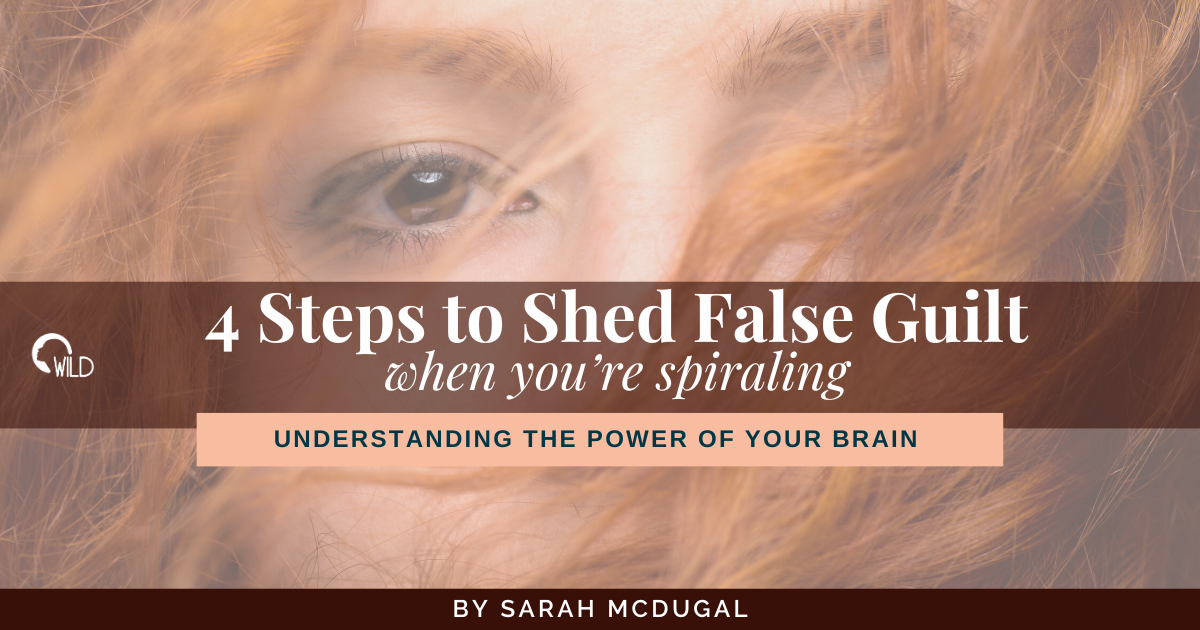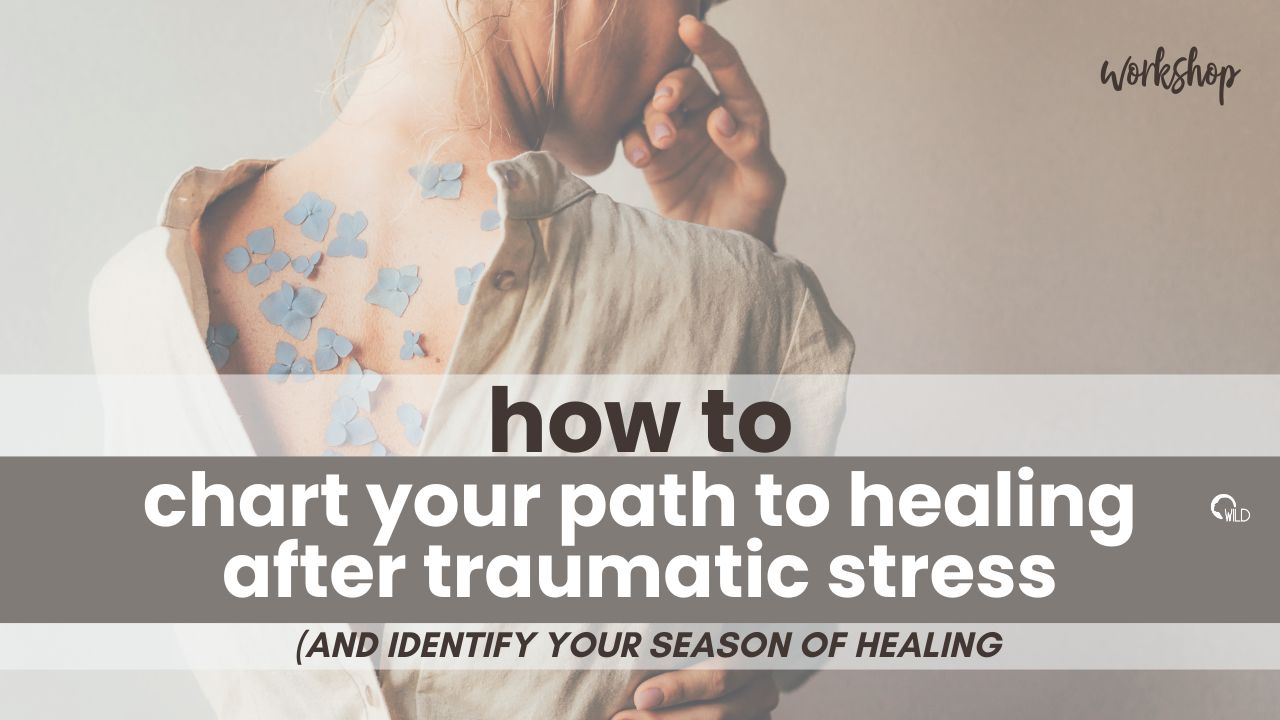Never miss a post.
10 Thoughtful Questions to Get Unstuck as You Heal
- Sarah McDugal
After we escape abuse, we generally carry our survival skills forward with us. It takes time (and therapy) to recognize that the same coping techniques that served us well to survive the abuse, are often damaging or even outright destructive in other environments.
It takes time to rewire our knee jerk responses away from fight/flight/freeze/fawn and into self-assured, emotionally-regulated, healthy patterns.
It takes time to be able to stand our ground even when it is unpopular, to simply do the right thing, for the right reasons, and leave the results to God.
If we don’t put the work into this aspect of post-trauma healing, we run the risk of getting stuck.
Some get stuck in fawn mode — depending on their people-pleasing skills to get them through, but continuing to erase their beautiful, God-given identities in the process.
Others get stuck in freeze mode — hoping that if they do nothing, every trigger will pass them by, but continuing to dissociate their way through life long after they are safe.
Others get stuck in flight mode — quick to flinch and always ready to run from the slightest hint of conflict or abandonment, terrified of the process of working through to peace on the other side lest peace never be found.
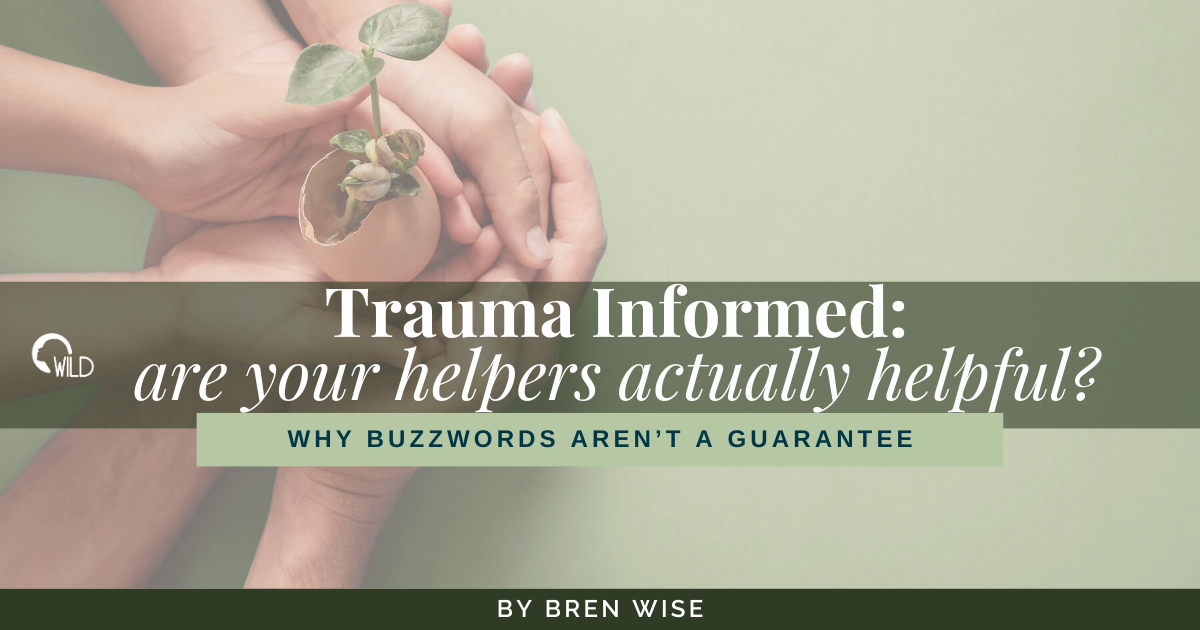
Last but not least, still others get stuck in fight mode — hackles raised at every turn, depending on their ability to slash their way through conflict and often creating the conflict themselves, disguising their internal emptiness with aggressiveness and bluster.
When we stay stuck in flight/freeze/fawn modes, the natural result is that we silence and erase the beauty and brilliance God has given each of us.
When we stay stuck in fight mode, we not only continue to harm ourselves, we also directly (if unwittingly) harm those around us and even may become the type of people we once fled.
If we invest the time required to do the deep internal, messy, healing work of taking a good honest look at ourselves… then we have a chance at breaking these destructive cycles and cultivating new ways of interacting with others that can carry us far past our deeply ingrained trauma responses.
As we process through these layers from a perspective of safety and stability, we can begin to humbly ask ourselves questions to assess how well we are handling our interactions with others.
Here are ten introspective prompts which I’ve found personally helpful... and if you have other thoughtful reflections that have helped you regulate yourself, feel free to add to the list in the comments!
When I find myself interpreting everything around me as an accusation or a blame — I must step back and ask myself, “Am I actually being blamed in this situation, or am I hearing these words through the filter of self-blame that my abuser conditioned me to carry?”
What intentional, somatic steps am I taking to purposefully regulate my nervous system during moments of stress, so that I can stay level-headed and treat other people well?
If I feel myself boiling inside, have I taken time away before making any decision on how to respond, in order to give my amygdala time to un-hijack my brain, and allow my frontal cortex to come back online so that I am more likely to make wise, stable decisions?
-
When something seems “off”, do I carefully assess whether this fits an ongoing pattern or is it an aberration from what I know to be normal about this person or situation? Should I react immediately, assuming I know all the facts at a glance, or should I allow time for truth-seeking curiosity?
When I do choose to respond to a situation, does my response factually address an unhealthy core message, or is my behavior fixated on attacking another person, ignoring the fact that they are also made in the image of God? In other words, am I investing my energy to call out bad teachings, or to tear apart other humans?
Has my behavior left space for people who have angered me to function without hindrance inside their God-given autonomy, or am I mirroring abusers by attempting to dictate their actions or control outcomes based on what I want to happen?
Do my actions and words clearly reflect the kindness and gentleness of Christ’s example, even in situations where I may disagree with others, or need to confront evil?
Have I acted with integrity, patience, honor, and kindness in my words and deeds, despite frustration or disappointment, so that I carefully avoid becoming the type of person who once harmed me?
Can I sleep with a clean conscience, knowing that my actions and words align, and that I have upheld the highest standard of ethics and honesty that I possibly can? Or am I making excuses for bending ethics based on my perceived "rightness"?
Am I strident and abrasive, or have I flexed my influence to tear people down and encourage others to do the same? Has my example lent itself to agitating a frenzy, or does my presence inspire calm? Does my tone and stance reflect the care of Jesus?
These questions are intended for a person who has left behind the seasons of safety and stability, and is now living in strength.
DISCOVER WHICH SEASON OF HEALING YOU ARE IN RIGHT NOW!
These questions are not at all appropriate for a survivor who is just escaping to safety, or who hasn’t yet established stability.
Later seasons of healing allow space for healthy, thoughtful reflection that might be harmful at earlier stages. It is crucial for every survivor to be in tune with their current season of healing, in order to ask the right questions and focus on the safest steps at the right times.
If questions like this feel overwhelming, that’s okay, give yourself grace to recognize that you’re still in early stages of healing. The time will come later, when you are in the season of strength, when you can implement these questions and feel empowered.
Just give it time. (And also... definitely get therapy!) 🙏
Are you itching for MORE?
My inner circle members get:
exclusive quarterly workshops
monthly group coaching
weekly chats
interactive community in my Marco Polo
PLUS... that incredibly warm, delicious feeling of knowing that you are making a WILD impact for women around the world!

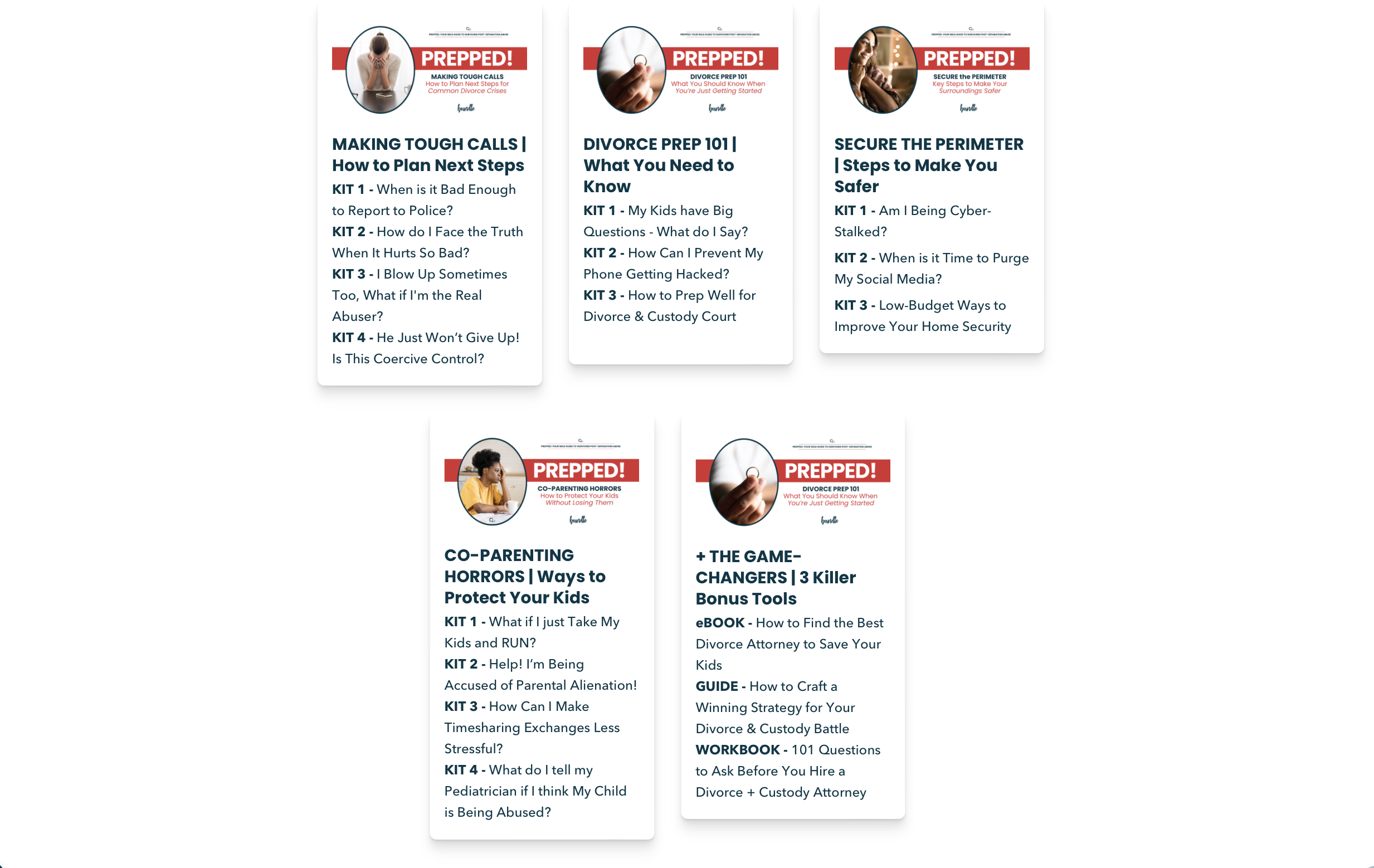
Divorce and custody court is ROUGH.
That’s why we’ve created PREPPED - a collection of toolkits equipping you to survive post-separation and litigation abuse!
These power-packed kits come in four mini-bundles, including:
Or, grab the PREPPED Mega-Bundle, and you'll also receive:
-
THE GAME-CHANGERS | 3 Killer Bonus Tools
6 Ways to Find the Best Divorce Attorney to Save Your Kids (eBook)
How to Craft a Winning Strategy for Your Divorce & Custody Battle (Guide + Workbook)
107 Questions to Ask Before You Hire a Divorce & Custody Attorney (Workbook)
Follow on Facebook and Instagram.
Subscribe on YouTube for hundreds of free videos on abuse recovery.
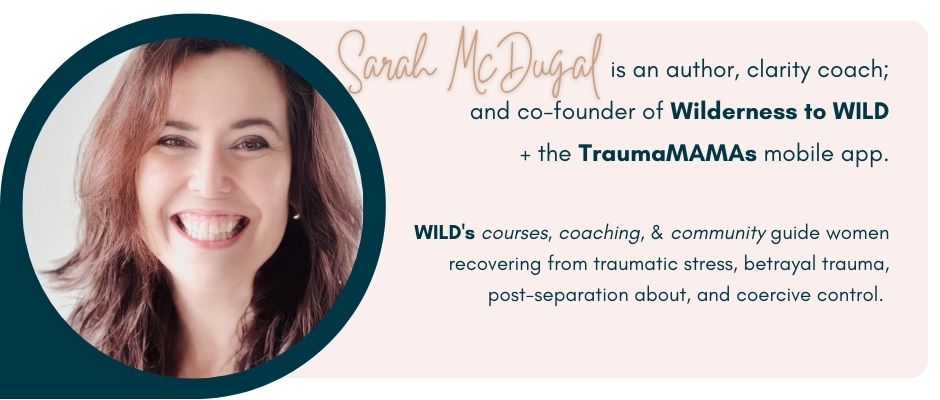
Browse my Best Books List on Amazon for reliable resources on betrayal trauma, healing, relationships, and more!
Want more articles like this?
Get new posts straight to your inbox!
